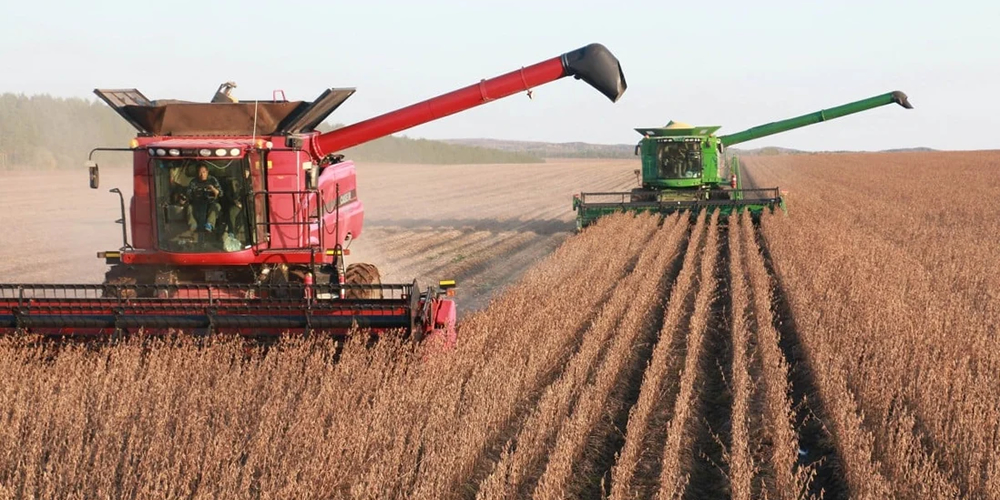April 3, 2023
Agricultural scientists warn food security risks set against China

Top agricultural scientists in China have warned against food security risks the country faces due to a number of factors, including growing domestic demand and over-reliance on imports amid global uncertainties.
The scientists have also vowed to make breakthroughs in researching and finding better crop seeds that can increase output and quality.
At the China Seed Congress (CSC) and Nanfan Agricultural Silicon Valley Forum in Sanya, South China's Hainan Province, officials, top experts and industry players said that while China is still lagging behind the United States and other advanced economies in terms of research and development (R&D) for crop seeds, the country has made strides in building up its R&D infrastructure and capabilities in recent years.
"Our country's agricultural science and technology innovation, as a whole, has risen to be among the world's leading group of countries," said Wu Zhaohui, vice minister of science and technology, at the CSC. "We pay great attention to the sci-tech innovation of the seed industry, which has entered the fast lane."
Wu was quick to point to the great pressure and risks related to China's food security, citing "uncertainties in global agricultural production and the trade structure, growing domestic demand and limited water and land resources, as well as changing technologies."
Ensuring food security has become a top priority for China, as many factors, including geopolitical tensions and natural disasters, have exacerbated the risks of over-reliance on imported food, prompting measures to bolster domestic output to achieve self-sufficiency.
In terms of grain supply, China's self-sufficiency ratio is 83%, which is well below the standard of 95% needed to ensure domestic food security, Li Jiayang, a renowned agricultural scientist at the Chinese Academy of Sciences (CAS), said at the CSC.
"China is a heavily populous country, and relying on the international markets for food supplies is more difficult and more dangerous," said Chen Mengshan, head of the State Food and Nutrition Consultant Committee, pointing to the tide of anti-globalisation, rising trade protectionism and geopolitical conflicts. "Uncertainty in global food trade has significantly intensified."
Facing such risks, the scientists called for robust R&D in crop seeds to boost domestic output and increase self-reliance. Vitalising the seed industry, particularly R&D in high-yield, high-quality seeds, has become a focal point of China's ramped-up effort to boost food self-sufficiency.
In recent years, China has introduced policies to boost R&D in crop seeds, and top policy documents repeatedly emphasised development in the seed industry. This year, both the No.1 central document and the Government Work Report stressed the need to invigorate the seed industry and strive to make key technological breakthroughs in agriculture.
At the forum in Sanya, many companies highlighted their progress in finding high-quality seeds and catching up with global industry leaders.
"Investing in R&D is very costly, but without R&D, a company is doomed to fail," Liu Hui, an executive of the seed unit under the Beidahuang Group, a Chinese agricultural conglomerate, told the Global Times.
Liu said that the company has fully formed its R&D platform, which is aimed to be on par with that of Monsanto, but it faces challenges such as lack of sufficient data and talent.
- Global Times










